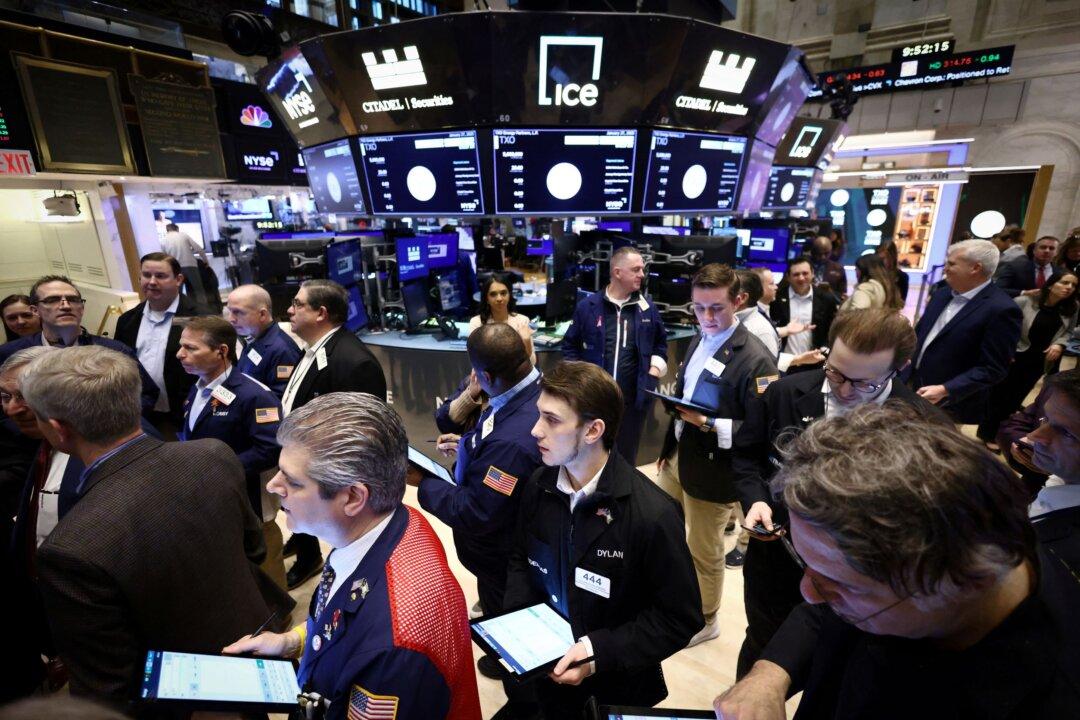With the world’s attention focused on Beijing’s meddling in the affairs of foreign nations and on tensions in an increasingly adversarial relationship between China and the United States, a panel of witnesses with expertise in diplomacy, trade, and national security presented a range of views on how best to counter the Chinese threat and safeguard American interests.
The Feb. 7 hearing took place just days after the U.S. military shot down a Chinese balloon believed to have penetrated American airspace for espionage, and the international incident came up frequently during testimony.





